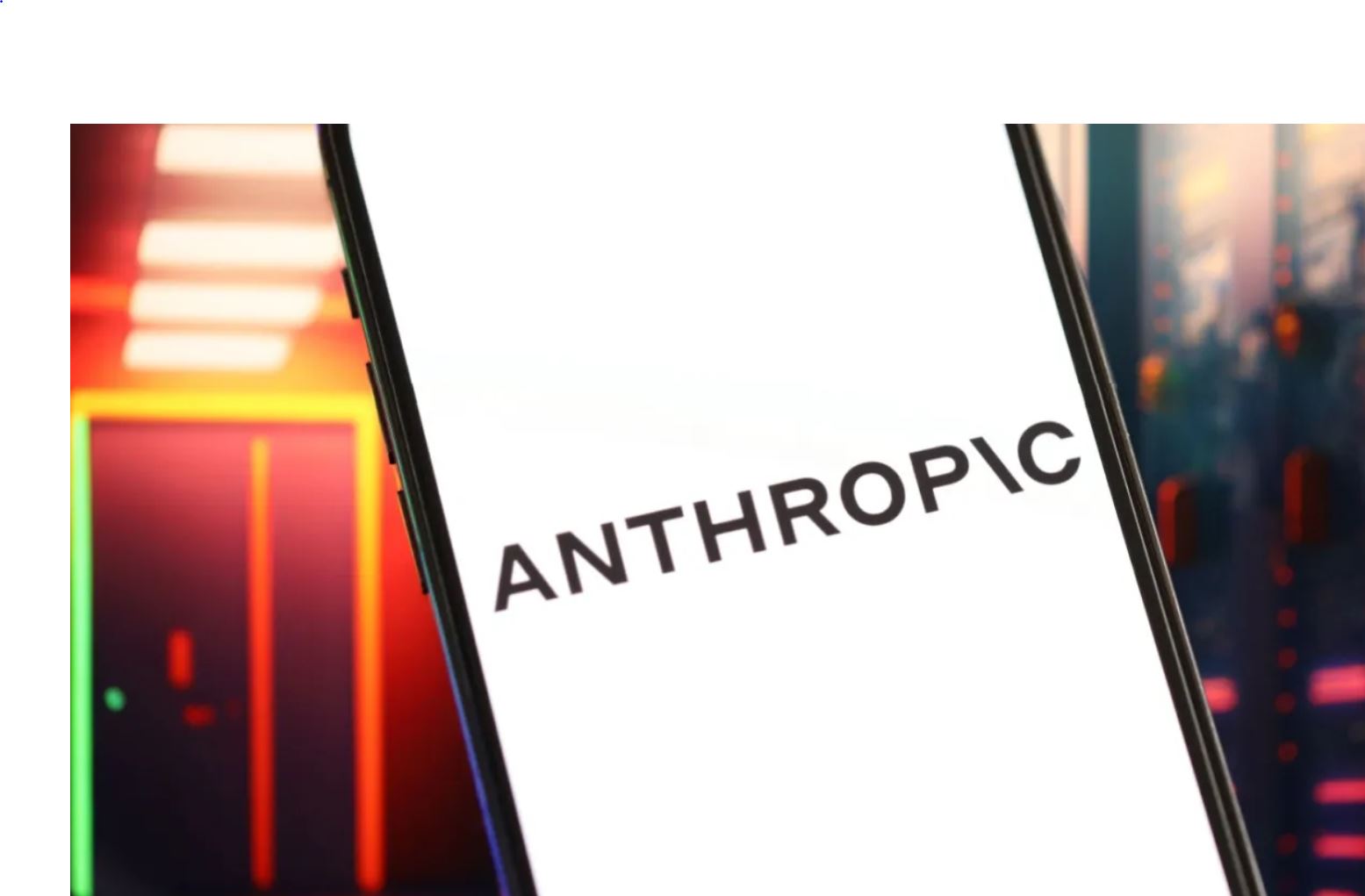 In a decision that many in the tech world are watching closely, U.S. District Judge William Alsup ruled in favour of Anthropic, permitting the company to use copyrighted material for training its models—as long as the works were legally obtained. This ruling, coming out of a case started in 2024 by authors Andrea Bartz, Charles Graeber, and Kirk Wallace Johnson, takes a clear stance on what fair use means for generative AI.
In a decision that many in the tech world are watching closely, U.S. District Judge William Alsup ruled in favour of Anthropic, permitting the company to use copyrighted material for training its models—as long as the works were legally obtained. This ruling, coming out of a case started in 2024 by authors Andrea Bartz, Charles Graeber, and Kirk Wallace Johnson, takes a clear stance on what fair use means for generative AI.
The court’s decision emphasises the importance of legal acquisition of materials. Anthropic pointed out that its use of copyrighted works isn’t just a bulk data scrape, but a transformative process that helps spark creativity and drive innovation in AI. Yet, the trial isn’t completely over. A significant issue remains regarding the use of materials that were downloaded illegally—a point that could lead to substantial statutory damages if proven willful.
Understandably, the Authors’ Guild has voiced strong reservations, particularly when it comes to pirated content. However, its CEO, Mary Rasenberger, remains cautiously hopeful that high statutory damages could serve as an important line of defence in protecting authors’ rights. This case isn’t isolated, either. Other notable figures like Ta-Nehisi Coates and Sarah Silverman are now taking similar legal steps against AI companies, setting the stage for broader industry impact.
Legal experts suggest this ruling will serve as a guide for future disputes between tech firms and copyright holders. While appeals and potential Supreme Court reviews could alter the final shape of this legal landscape, for now, the judgement marks a significant moment in balancing innovation with intellectual property rights.








